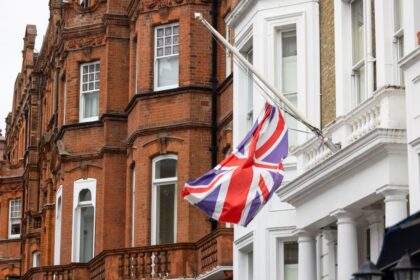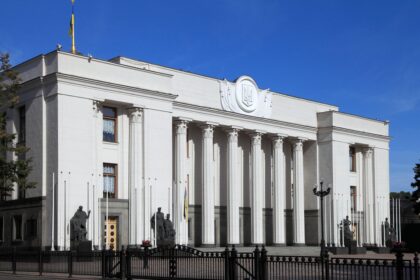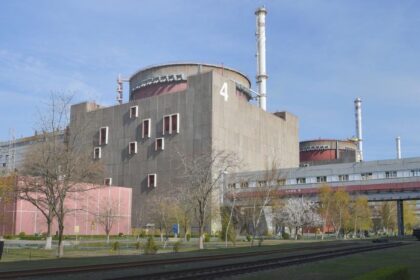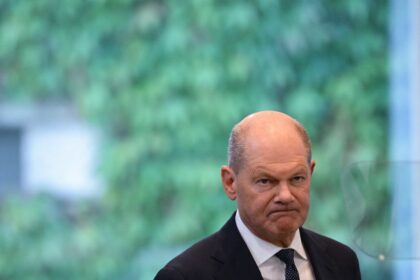**UK Supreme Court Upholds Sanctions on Russian Tycoon Eugene Shvidler**
The UK’s highest court has rejected a bid by billionaire oil tycoon Eugene Shvidler to overturn British sanctions imposed on him over Moscow’s invasion of Ukraine. The decision, announced on Tuesday, maintains Britain’s perfect record in defending its Russian sanctions in court.
Shvidler, whose net worth is estimated at $1.6 billion, was sanctioned in March 2022 for his association with former Chelsea Football Club owner Roman Abramovich and his past role as a director of London-listed steel producer Evraz. He appealed to the Supreme Court, arguing that others with greater ties to Russia’s business were not targeted.
**Sanctions Imposed**
The British government imposed sanctions on Shvidler in March 2022, citing his association with Abramovich and his role at Evraz. The move was part of a broader effort by the UK to target individuals and entities linked to Russia’s invasion of Ukraine. Since then, more than 1,700 individuals or entities have been sanctioned.
Shvidler’s lawyers argued that others with greater involvement in Russia’s business were not targeted, pointing to BP’s previous joint venture with Rosneft as an example. However, the Supreme Court rejected his appeal by a four-to-one majority.
**Dissenting Ruling**
In a dissenting ruling, Judge George Leggatt expressed strong disagreement with the majority decision. He argued that Britain’s “flimsy reasons” for sanctioning Shvidler did not justify the “serious invasion of liberty” sanctions entailed. Leggatt noted BP’s profitable joint venture with Rosneft and said it was irrational to only sanction Shvidler.
**Shvidler Responds**
In a statement, Shvidler said the decision “brings me back to the USSR.” He argued that Britain’s sanctions were “more about cheap virtue-signalling for purely political purposes” and noted that no British companies or business people with ties to Russian state-owned companies have been sanctioned.
**Commentary**
The Supreme Court’s ruling maintains Britain’s perfect record in defending its Russian sanctions in court. However, the decision has sparked debate over the effectiveness of the UK’s sanctions regime. While some argue that Shvidler’s sanctioning was justified, others see it as an example of “vague virtue-signalling.”
As the world grapples with the consequences of Russia’s invasion of Ukraine, the UK’s sanctions regime will continue to be closely watched. The ruling in Shvidler’s case sets a precedent for future appeals and raises questions about the balance between individual rights and national security interests.
**What’s Next?**
The Supreme Court’s decision is likely to have implications for other individuals and entities targeted by British sanctions. As the UK continues to update its sanctions list, those affected may appeal to the courts in an effort to challenge their sanctioning.
Read More @ www.reuters.com












